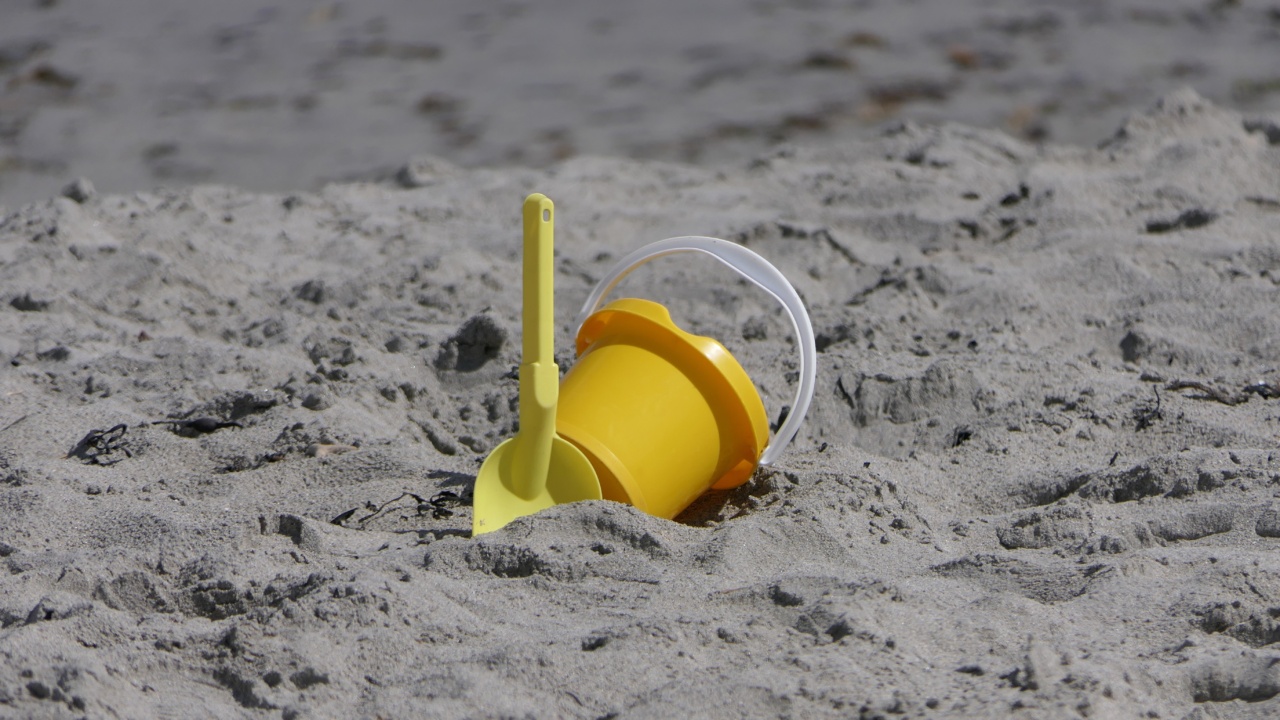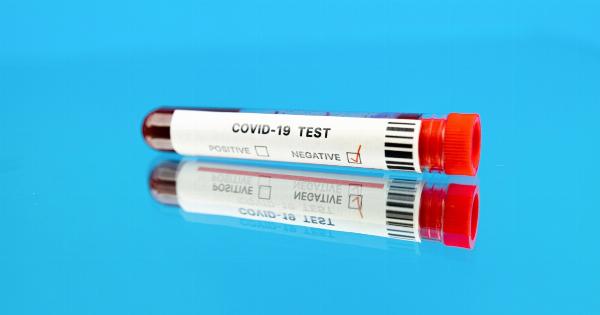The Ministry of Health has announced that the second suspected case of Middle East Respiratory Syndrome (MERS) in the country has tested negative for the virus.
The patient, a 44-year-old man who recently returned from the Middle East, had symptoms similar to MERS and was admitted to a hospital in Seoul on Monday. He was tested immediately for the virus, and the results have come back negative.
Background of MERS Outbreak in South Korea
MERS was first reported in South Korea in May 2015 when a 68-year-old man returned from the Middle East with the virus. The infection quickly spread, and by the end of the outbreak, over 186 people were infected, and 38 people died.
The authorities were criticized for their slow response to the outbreak, and the government has since invested in improving its readiness for disease outbreaks. Since then, there have been sporadic cases of MERS in the country, but the government has been quick to contain the outbreaks.
The Second Suspected Case
The second suspected case of MERS in the country was reported on Monday, when a 44-year-old man presented with symptoms similar to MERS after returning from a trip to the Middle East.
The government immediately activated its response system and tested the patient for the virus. The patient was admitted to the hospital in Seoul for treatment and monitoring.
The authorities were quick to test all the people who had come into contact with the patient, to prevent any further spread of the disease.
The patient had taken public transport from the airport to his home, and the authorities identified the people who had sat near him on the train or bus. All these people were tested for the virus, and their results also came back negative.
What is MERS?
Middle East Respiratory Syndrome (MERS) is a viral respiratory illness that is caused by the MERS coronavirus (MERS-CoV).
The virus was first reported in 2012 in Saudi Arabia, and it has since spread to other countries in the Middle East, Europe, Asia, and Africa. The virus is transmitted from animals to humans and from humans to humans, and it can cause severe respiratory illness that can be fatal.
The symptoms of the disease include fever, cough, and shortness of breath, and the disease can progress rapidly to pneumonia and kidney failure. There is no specific treatment for the virus, and no vaccine is currently available.
The Importance of Early Detection
The early detection of MERS is crucial for the effective management of the disease and the prevention of its spread.
The South Korean government has invested heavily in its public health system since the 2015 outbreak, and it has been working closely with the World Health Organization to improve its readiness for infectious disease outbreaks. The rapid response to the second suspected case of MERS in the country shows the effectiveness of the government’s preparedness measures.
The public has also been urged to play a role in preventing the spread of the disease.
The authorities have advised people to practice good personal hygiene, including washing their hands regularly, wearing masks in public places, and avoiding close contact with people who are sick. The government has also set up a hotline for people to report suspected cases of the disease or to get more information about the disease.
Conclusion
The second suspected case of MERS in South Korea has tested negative for the virus, providing some relief for the public after the 2015 outbreak that claimed 38 lives.
The government’s quick response and effective measures to contain the disease show that the country is better prepared for infectious disease outbreaks.
The public also has a role to play in preventing the spread of the disease by practicing good personal hygiene and reporting suspected cases to the authorities.
With these measures in place, the authorities hope to prevent any further outbreaks of MERS in the country.




























